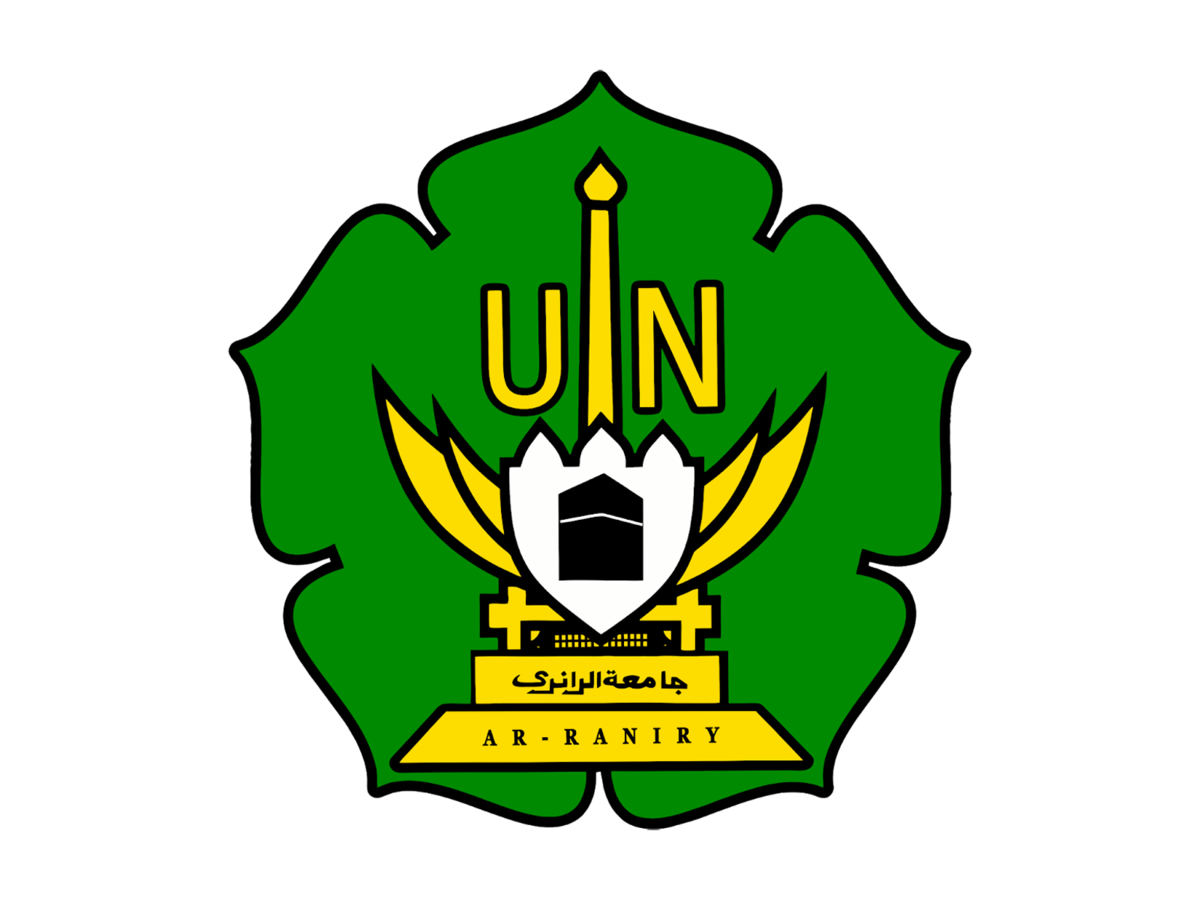THE AUTHORITIES OF REGIONAL REPRESENTATIVE COUNCIL AFTER CONSTITUTIONAL COURT DECISION: IS IT STRONG ENOUGH?
Abstract
The mandate for law-making in Indonesia before the amendment was highly dominated by the President as if the function of the house of representative of the Republic of Indonesia (hereinafter DPR) was limited to assisting the President in the process of establishing laws. After the amendment, the authority of the legislators changed from the previous format. The President and DPR have the same authority in terms of the law-making, and even the function of the law-making is also given to the Regional Representative Council (hereinafter DPD) as a regional representative in Indonesia. The problem is that in several law-making processes, often the President and the DPR do not include those mandated by the constitution. This article will discuss the following two issues. First, who is the legislator in Indonesia according to the 1945 Constitution after the decision of the Constitutional Court? Second, how is the position of the DPD in the implementation of the legislative function after the Constitutional Court's decision? The results of this study explained that the legislator in Indonesia based on the 1945 Constitution, after the decision of the Constitutional Court, has been answered by the amendment of 1945 Constitution. The presence of the DPD must be equal to the DPR in terms of the legislative program in Indonesia. Furthermore, the position of the DPD in the implementation of the legislation function after the Constitutional Court's ruling has also been addressed by the Constitutional Court's ruling that the presence of the DPD is a balancer of legislation in Indonesia. The President and the DPR should not be the pendulum of legislative formations, but the DPD must get the attention, and the Ministry must equalize the position of DPD and the DPR in work partner meetings.
Abstraks: Amanah pembentukan undang-undang di Indonesia sebelum amandemen sangat didominasi oleh Presiden, seakan-akan fungsi DPR hanya sebatas pendampingan Presiden dalam proses pembentukan undnag-undang. Pasca amandemen, kewenangan pembentuk undang-undang berubah dari format sebelumnya. Presiden dan DPR mempunyai kewenangan yang sama dalam hal pembentukan undang-undang bahkan fungsi pembentukan undang-undang juga diberikan kepada DPD selaku keterwakilan daerah yang ada di Indonesia. Persoalnya ialah, beberapa poses pembentukan undang-undang kerapkali Presiden dan DPR tidak mengikutsertakan yang diamanahkan oleh konstitusi. Artikel ini akan membahas tentang dua permasalahan yang akan kaji sebagai berikut berikut: Pertama, siapa pembentuk undang-undang di Indonesisa menurut UUD 1945 pasca putusan Mahkamah Konstitusi? Kedua, bagaimanakah kedudukan DPD dalam pelaksanaan fungsi legislasi pasca putusan Mahkamah Konstitusi? Hasil dari penelitian ini menjelaskan bahwa siapa pembentuk undang-undang di Indonesia menurut UUD 1945 pasca putusan Mahkamah Konstitusi jelas sudah terjawab oleh UUD Tahun 1945 pasca amandemen. Artinya keberadaan DPD harus equal dengan DPR dalam hal program legislasi di Indonesia. Selanjutnya kedudukan DPD dalam pelaksanaan fungsi legislasi pasca putusan Mahkamah Konstitusi juga sudah terjawab oleh putusan Mahkamah Konstitusi bahwa kehadiran DPD menjadi pengimbang legislasi di Indonesia bahkan jangan lagi Presiden dan DPR sebagai pendulum pembentuk undang-undang namun institusi DPD harus mendapatkan perhatian bahkan Kementerian juga harus menstarakan kedudukan DPD dengan DPR dalam rapat-rapat mitra kerja.
Kata Kunci: Pembentuk Undang-Undang, Dewan Perwakilan Daerah, dan Mahkamah Konstitusi
Those authors publishing in PETITA have agreed with following terms of conditions:
- Authors retain copyright and grant the journal right of first publication with the work simultaneously licensed under a Creative Commons Attribution License that allows others to share the work with an acknowledgement of the work's authorship and initial publication in this journal.
- Authors are able to enter into separate, additional contractual arrangements for the non-exclusive distribution of the journal's published version of the work (e.g., post it to an institutional repository or publish it in a book), with an acknowledgement of its initial publication in this journal.
- Authors are permitted and encouraged to post their work online (e.g., in institutional repositories or on their website) prior to and during the submission process, as it can lead to productive exchanges, as well as earlier and greater citation of published work.




































